EU leaders reject informal talks with UK
- Published
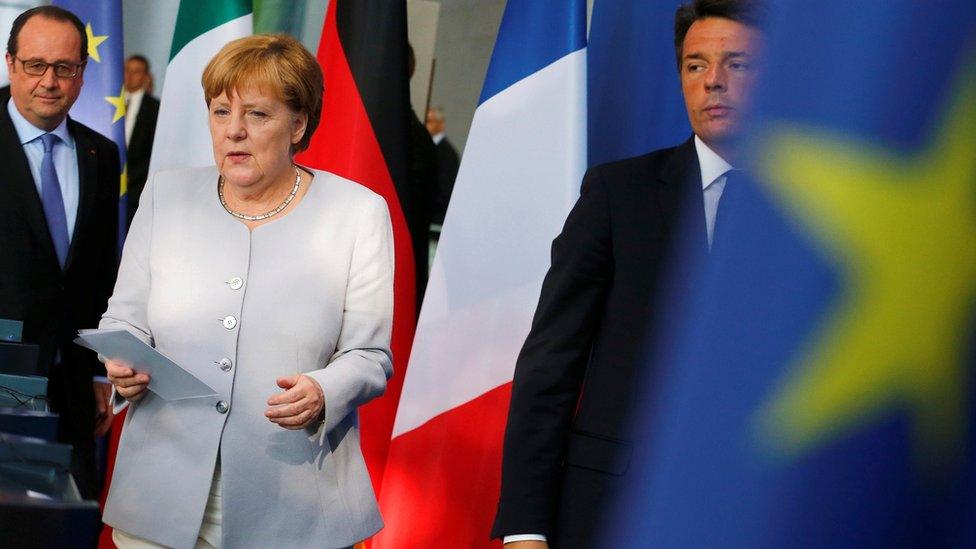
German Chancellor Angela Merkel (c), French President Francois Hollande (l) and Italian Prime Minister Matteo Renzi (r) met in Berlin
The European Union will not hold informal talks with the UK until it triggers Article 50 to leave, Germany, France and Italy have insisted.
German Chancellor Angela Merkel hosted talks with French President Francois Hollande and Italian Prime Minister Matteo Renzi in Berlin.
The leaders called for a "new impulse" to strengthen the EU.
Last Thursday, British citizens voted 52-48 in favour of leaving the EU in a historic referendum.
Together with the UK, Germany, France and Italy have the largest economies in the EU.
Two ratings agencies, S&P and Fitch, downgraded the UK on Monday. A rating downgrade can affect how much it costs governments to borrow money in the international financial markets.
What did they say in Berlin?
All three leaders voiced regret at the UK's vote to leave, with Mrs Merkel calling it a "very painful and regrettable decision".
"We are in agreement that Article 50 of the European treaties is very clear - a member state that wishes to leave the European Union has to notify the European Council," Mrs Merkel told the joint news conference at the German chancellery.
"There can't be any further steps until that has happened. Only then will the European Council issue guidelines under which an exit will be negotiated.
"That means that, and we agree on this point, there will be neither informal nor formal talks on a British exit until the European Council has received the [UK's] request for an exit from the European Union."
President Hollande and Prime Minister Renzi emphasised the need to process the UK's exit as quickly as possible and focus on the challenges facing the remaining 27 states such as fighting terrorism and strengthening the borders.
"Our responsibility is not to lose time in dealing with the question of the UK's exit and the new questions for the 27," Mr Hollande said. "There is nothing worse than uncertainty."
"On the one hand we are sad but it is also the right time to write a new page in European history on what unites us," said Mr Renzi.
What is the latest from London?
Prime Minister David Cameron confirmed in Parliament the UK was not ready to begin the formal withdrawal process.
David Cameron addresses the Commons on the aftermath of the Brexit vote
"Before we do that we need to determine the kind of relationship we want with the EU," he said, stressing it would be up to his successor, due to be chosen by the autumn, to invoke Article 50.
Earlier, Chancellor George Osborne issued a statement to try to calm markets, saying the UK was ready to face the future "from a position of strength".
But billions more dollars were wiped off the value of shares in Europe and on Wall Street as a result of market uncertainty.
London's FTSE 100 share index was down 2.55% while Germany's leading index fell by 3%.
The Brexit political fallout continued to divide the opposition Labour Party, whose leader Jeremy Corbyn was told by his deputy, Tom Watson, that he faced a leadership challenge because of his handling of the party's campaign to stay in the EU.
In other developments:
Gibraltar entered talks with Scotland about a plan to keep parts of the UK in the EU, BBC Newsnight learned
David Cameron condemned racist and anti-immigrant incidents since the vote, saying: "We have a fundamental responsibility to bring our country together"
The French and German foreign ministers, Jean-Marc Ayrault and Frank-Walter Steinmeier, listed priorities for Europe in a joint document as a common security agenda, fighting terrorism, and integrated asylum and refugee policies
Polish Foreign Minister Witold Waszczykowski accused the European Commission of having failed to give the UK a good enough offer to remain inside the EU

Brexit: A busy week ahead
Tuesday: Extraordinary European Parliament session in Brussels on Brexit vote 10:00-12:00 (08:00-10:00 GMT), including speeches by Mr Tusk, European Commission President Jean-Claude Juncker and party leaders, probably including UKIP's Nigel Farage. There is also an EU summit (European Council) in Brussels, at which David Cameron will brief the other EU leaders over dinner, from 19:45 (17:45 GMT), explaining the political fallout in the UK
Wednesday: Second day of EU summit will feature breakfast talks between 27 leaders - Mr Cameron not attending. Talks focus on UK's "divorce process" as stipulated by Article 50, and Mr Tusk will "launch a wider reflection on the future of the EU"; press conferences in afternoon.

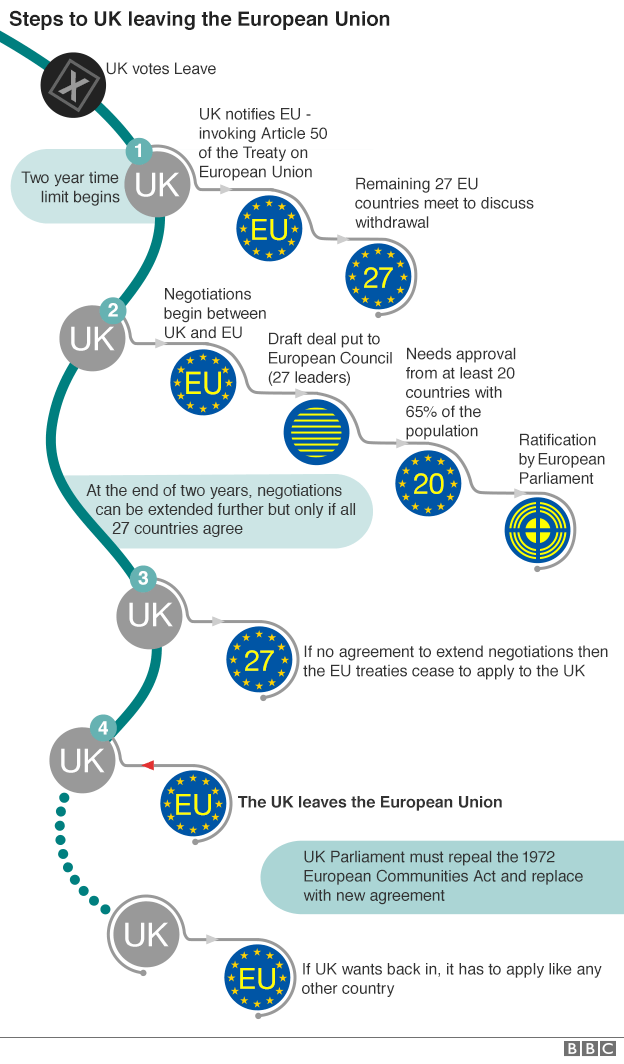
- Published19 June 2016
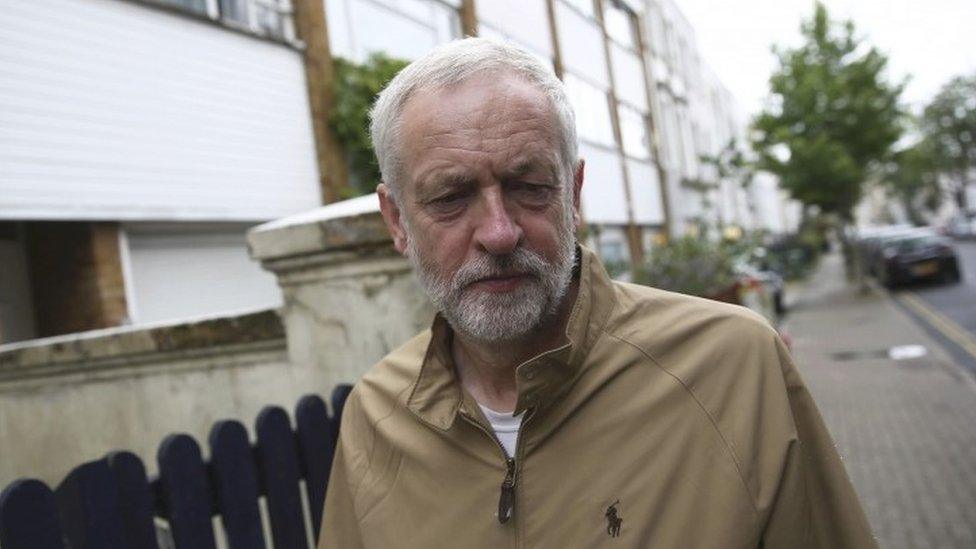
- Published1 July 2016
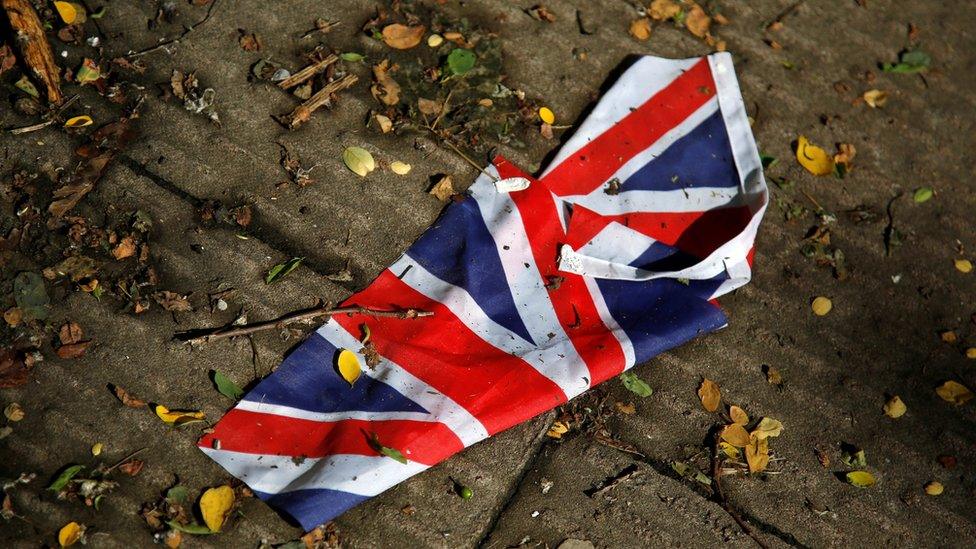
- Published27 June 2016
- Published27 June 2016
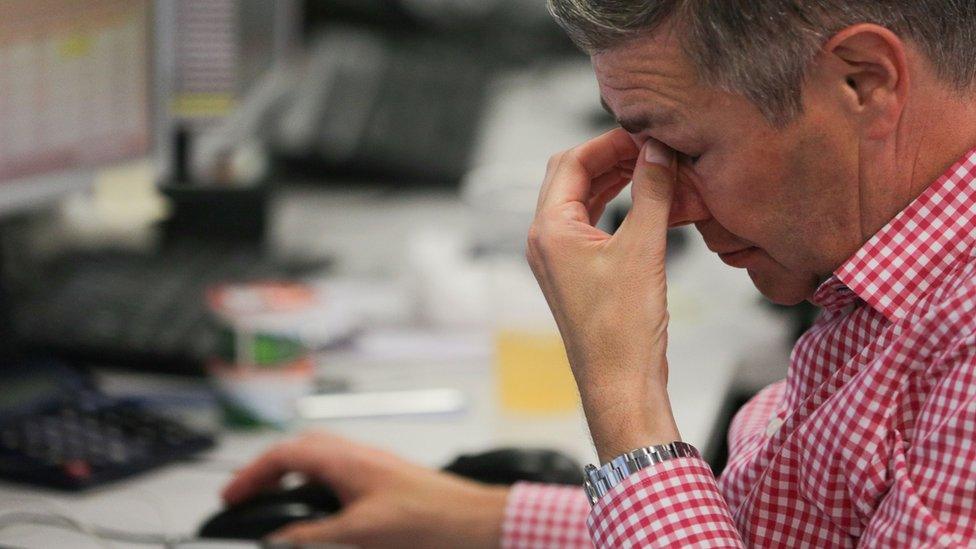
- Published27 June 2016
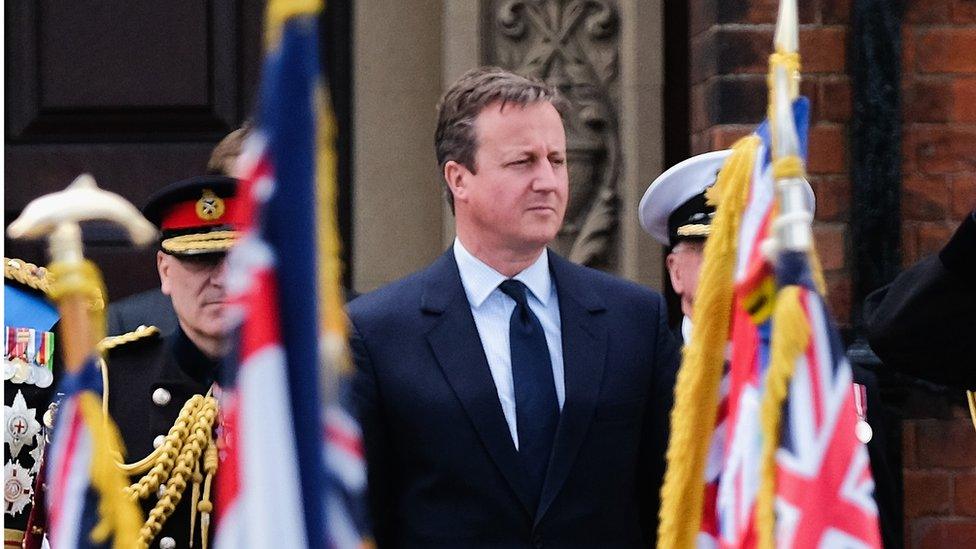
- Published27 June 2016
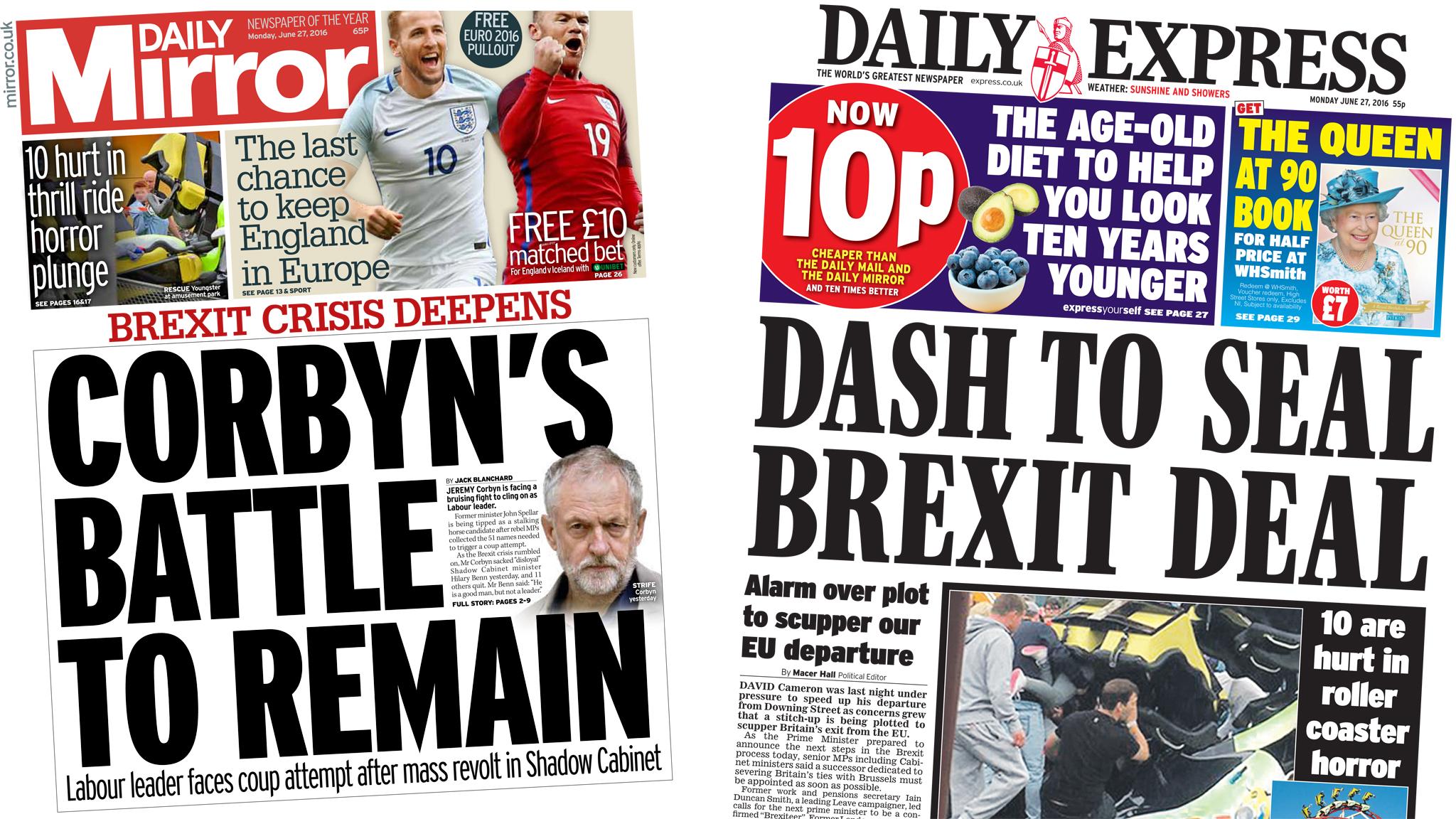
- Published26 June 2016
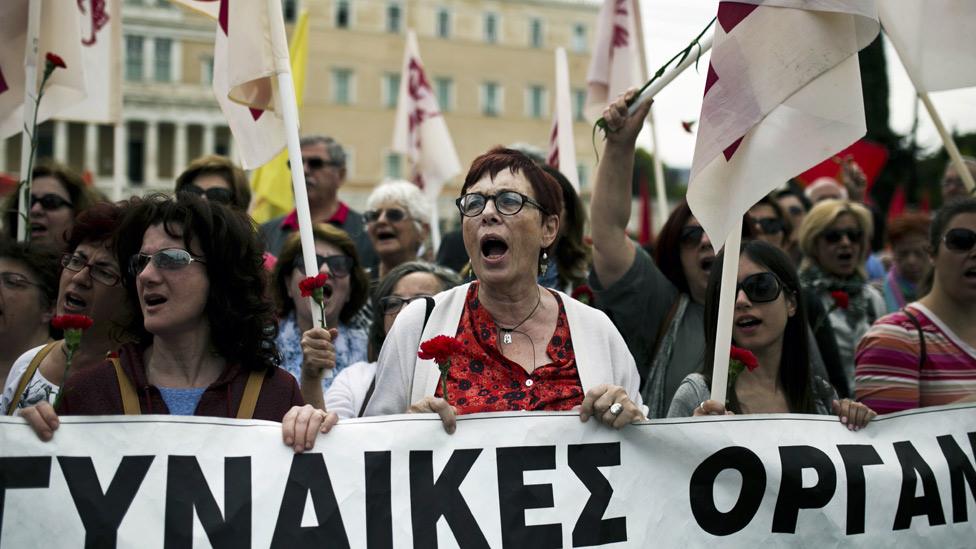
- Published25 June 2016
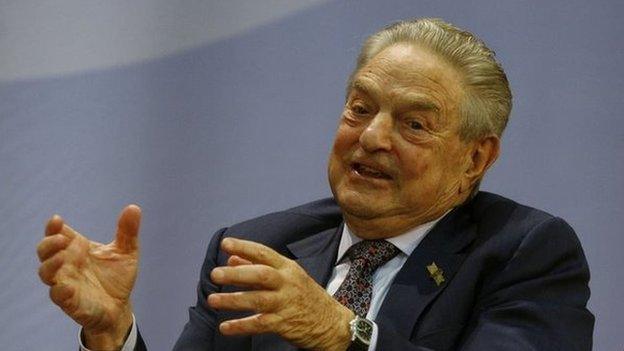
- Published26 June 2016
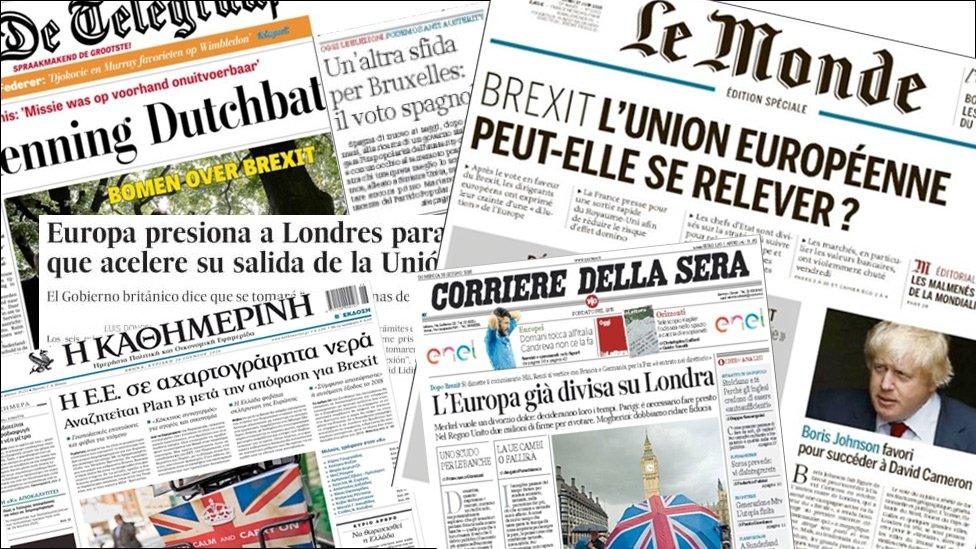
- Published25 June 2016
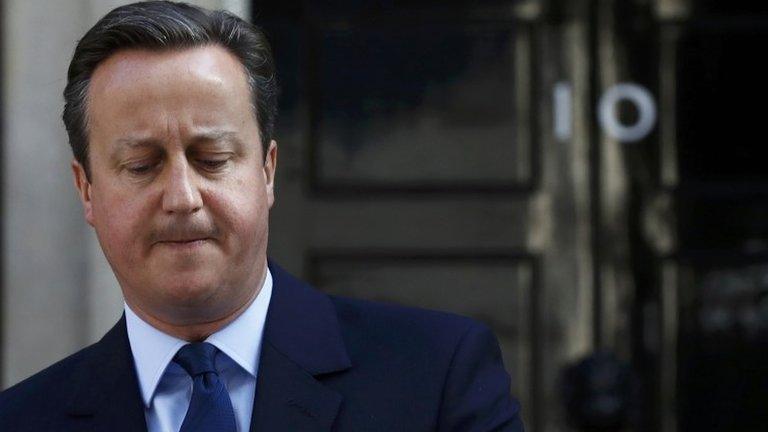
- Published24 June 2016
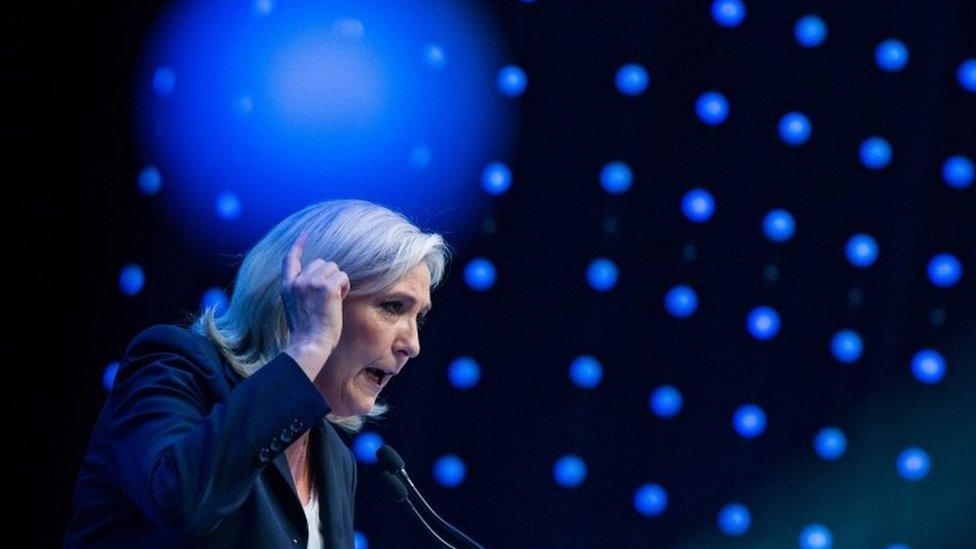
- Published24 June 2016